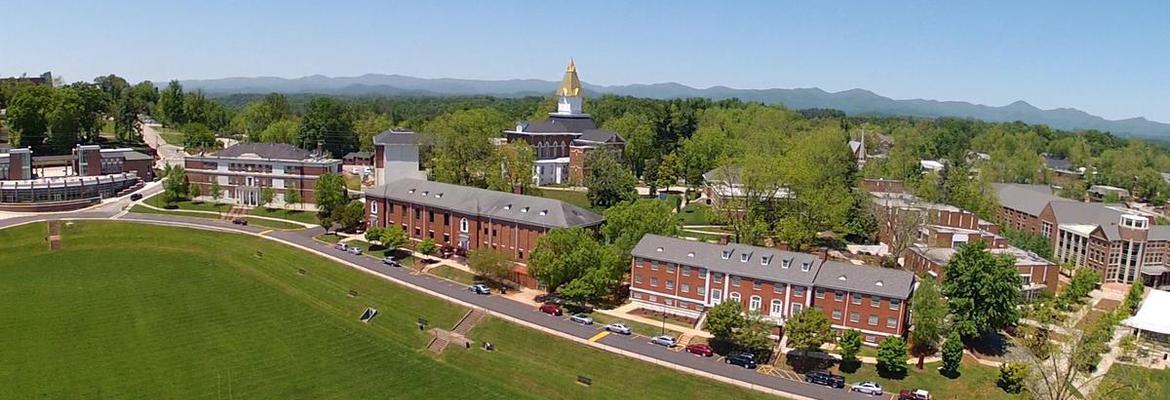Researchers work in Gainesville
July 29, 2020 at 5:19 am EDTBy JK Devine, UNG
As the COVID-19 pandemic continues to affect higher education institutions around the world, one University of North Georgia (UNG) alumna and two faculty members are conducting research on the health care crisis.
Samantha Perry, a December 2019 graduate, is a clinical research coordinator at the Center for Advanced Research and Education in Gainesville, Georgia. Cofounded and headed by Dr. Chris Recknor, the center is one of 10 sites in the world researching a potential COVID-19 treatment. Specifically, the center is studying the effects of the drug Leronlimab on COVID-19 survivors seeking relief after several weeks of battling the illness.
"We are working overtime in full personal protective equipment to get this study done and done well," said Perry, who earned a Bachelor of Science degree in biology and Associate of Science degree on the chemistry pathway. "We are so grateful for our patients who volunteered to participate in this study."
For her part, Perry greets patients, takes their vital signs and documents their symptoms for a report to a pharmaceutical company. She also works with the drugs in the double-blind Phase II clinical trial, which includes preparing the investigational medicine and calling in medications for the patients if they need other prescriptions related to the study.
Perry, who has been working at the center since June, can barely believe her contributions will make a difference not only in her community but in the world.
"We can work up to a 10- to 12-hour shift," the UNG honors graduate said. "It seems tiring, but it's rewarding."
Two UNG faculty members also have conducted significant research locally and internationally on the COVID-19 pandemic with rewarding results.
Dr. Jonathan Miner, professor of political science at UNG, collaborated with a global crisis consulting firm when COVID-19 hit the Asian and European business markets. Witt O'Brien's has compiled anup-to-date dashboard on the status of different countries' situations. The dashboard acts as a landing site for businesses to learn about their international counterparts.
"Since I study international policy, this was right up my alley," Miner said.
He helped find answers to questions ranging from "Are schools open?" to "Are essential and non-essential businesses open?" to "What were the official government policies and regulations?"
By collecting this information, Miner had a surplus of data to analyze and develop into future research.
"From a political science perspective, it was fascinating to see that authoritarian countries were more successful in shutting down than the democratic countries, because people living in a democracy have input and would abide by the regulations or refuse," he said.
Miner plans to submit a proposal on the research and his hypothesis for a conference next year.
Meanwhile, Dr. Ali Mehran continues to collect research for his project. The assistant professor of Earth and geospatial science in UNG's Lewis F. Rogers Institute for Environmental and Spatial Analysis (IESA) developed a survey to understand how society's approach to the COVID-19 pandemic impacts community resilience.
"In cases of extreme events in a society, there are always some top-down approaches, such as policies on using state reserves, regulations on evacuation, or quarantine to handle the situation," Mehran said. "On the other hand, communities also have a bottom-up response to these situations, such as a willingness to work at home or preparedness for home quarantine as soon as they feel they are vulnerable."
To compare these two approaches, Mehran seeks a wide variety of participants in the survey, including local, national and international. The COVID-19 survey, which is available in multiple languages, takes less than five minutes to complete. As of July 17, 650 participants worldwide responded to the survey with more than 400 from Georgia. Mehran is still accepting answers for the survey.
Dr. Andy Novobilski, associate provost for research and engagement and chief research officer, applauds the effort of the faculty and alumna who are involved in these research projects.
“I think it’s fantastic,” he said. “We have such a wealth of knowledge, expertise and critical thinking. And it is needed to understand and inform the public. As public institution, it is part of UNG’s mission.
